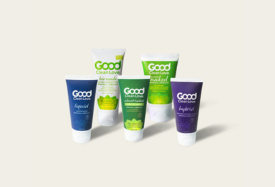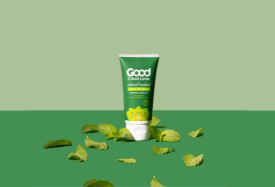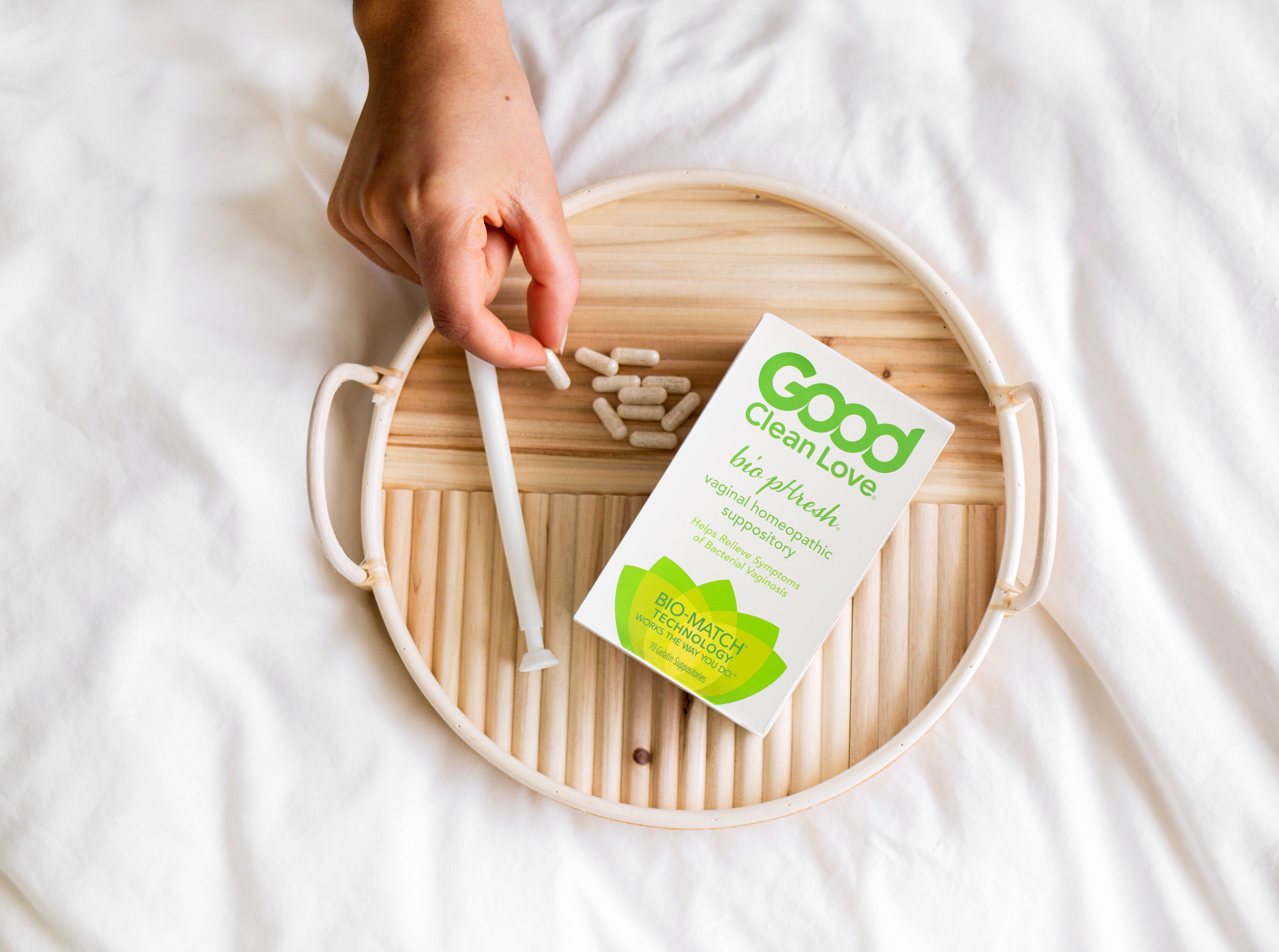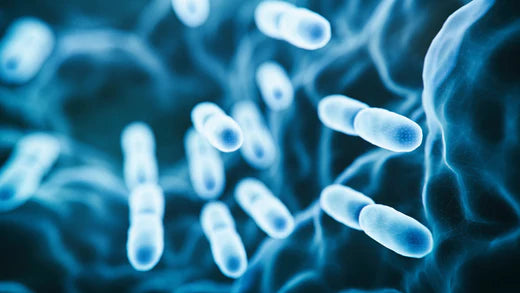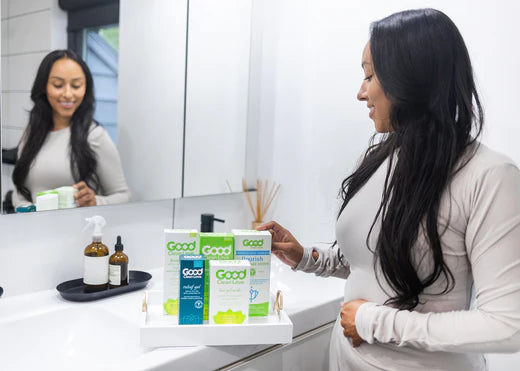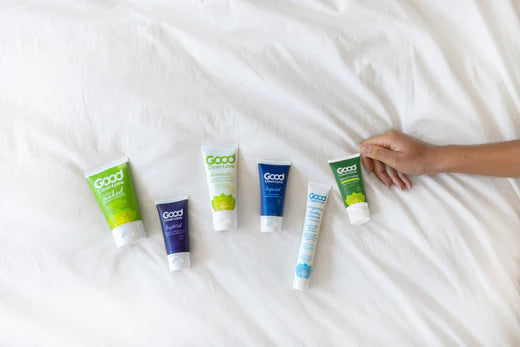Isolation is something many of us know all too well right now. The COVID-19 pandemic has asked us to distance ourselves from many loved ones. Luckily, we have the ability to stay connected through technology, but physical contact is something many of us are still lacking.
Our Primal Need for Touch
Human beings are inherently social creatures and we are wired for physical touch. Physical contact is a basic human need, even from the moment we are born. Skin-to-skin contact between mother and baby has been scientifically proven to have multiple benefits. A baby that gets skin-to-skin contact with its mother benefits from a more stable heartbeat, easier and more successful breastfeeding, and improved brain development.

Additionally, mothers experience a lower risk of postpartum depression, improved breast milk production, and a more positive breastfeeding experience when they have skin-to-skin contact with their babies. Read more extensively about the benefits of physical touch to the mind, body, and spirit in our article The Science of Intimate Touching and Why We Need It.
Experiencing touch starvation, or what is also called “skin hunger”, is to be deprived of or to experience very little touch from other living beings. This condition is more common in countries where touching is not as embedded within the culture. The United States is known as a place that is more touch-adverse, while France and many Southern European countries are listed as the most touchy-feely places.
More Technology = Less Touch
The rise of technology has also contributed to widespread experiences of touch starvation. Studies have found that missing out on regular human touch can cause negative long-lasting effects. Long-term touch starvation is associated with loneliness, depression, anxiety, and more. Men also experience touch starvation more than women.
The rise of and increased prevalence of social media in the last two decades has also contributed to widespread touch aversion. We are always communicating with one another through technology, and having this way to communicate lessens our chances for physical contact.
During a study that focused on touch in airport terminals, researchers found that there was much less touching because everyone was on their smartphone. Our culture has become so involved in social media that we may feel less inclined to initiate in-person interpersonal connections with others.
The Pandemic-Era Rise in Touch Starvation
In current times, the COVID-19 pandemic has isolated many of us from those we used to interact with every day. It has been just over a year since the pandemic began, and many are feeling the effects of touch starvation and social isolation. Many of us went from interacting with dozens of people daily in-person to isolating in quarantine over the past year.
While we thankfully have the technology to stay in contact with the ones we love, many of us are still not receiving the amount of physical contact we need with other people. We have experienced population-wide social isolation due to the pandemic. This collective effort to reduce the spread of the virus via stay-at-home orders, quarantine, and social distancing has greatly contributed to this phenomenon.
A recent study found that:
- 1 in 3 Americans are affected by “coronavirus loneliness”
- 9 in 10 people feel more anxious because of the coronavirus
- Young people, in particular, are experiencing anxiety at the thought of integrating with society again after the pandemic ends
Being around others that we trust enables us to feel safe, given that it is in our biology to engage socially. Our body may be in a state of stress and high alert when going without touch for too long. The consequences of isolation on mental health can be extremely difficult, and anyone who is struggling may feel called to reach out for help. Crisis Text Line is a resource for those who are experiencing the effects of isolation in these difficult times. To reach out, text HOME to 741741 for free, 24/7 crisis counseling.
Ways to Combat Touch Starvation While Staying Safe
Massage
Self-massage is extremely beneficial that has many of the positive effects that come with receiving a massage from another person. These beneficial effects, such as relieving stress and activating your parasympathetic nervous system (encouraging your body to relax), are amplified when self-massage is done daily. It is a great way to practice self-care and provide yourself with the relief of physical touch. This is a great option if you live alone and are unable to actually engage in person-to-person physical contact.
If you are able to perform massage with a partner, bringing a massage candle into the mix may create an even more pleasurable experience. Our massage candles are made with skin-nourishing organic oils and aphrodisiac essential oils. These candles are designed to melt into oil that can be used to massage and nourish the skin. The Massage Candle 2 oz. Trio Play Pack comes with all three scents: Origins, Indian Spice, and Caribbean Rose.
More Hugs
If you have a quarantine partner or partners that you love and trust, you may choose to initiate more close physical contact, such as hugging. Hugging has been proven to have major benefits for the mind and body.

A study found that those who engaged with more hugs had a better immune response to viruses. Consensual touch and hugs from those one trusts can also help reduce stress and allow us to adapt to stressful situations more easily. Hugs that last at least 20 seconds help induce the production of oxytocin, otherwise known as the love chemical. Giving yourself hugs is also a great option!
Ultimately, we are in a time where the experience of isolation is prevalent like never before. It’s important that we remain connected and allow ourselves to reach out to others when we need some support – or maybe just a hug.


